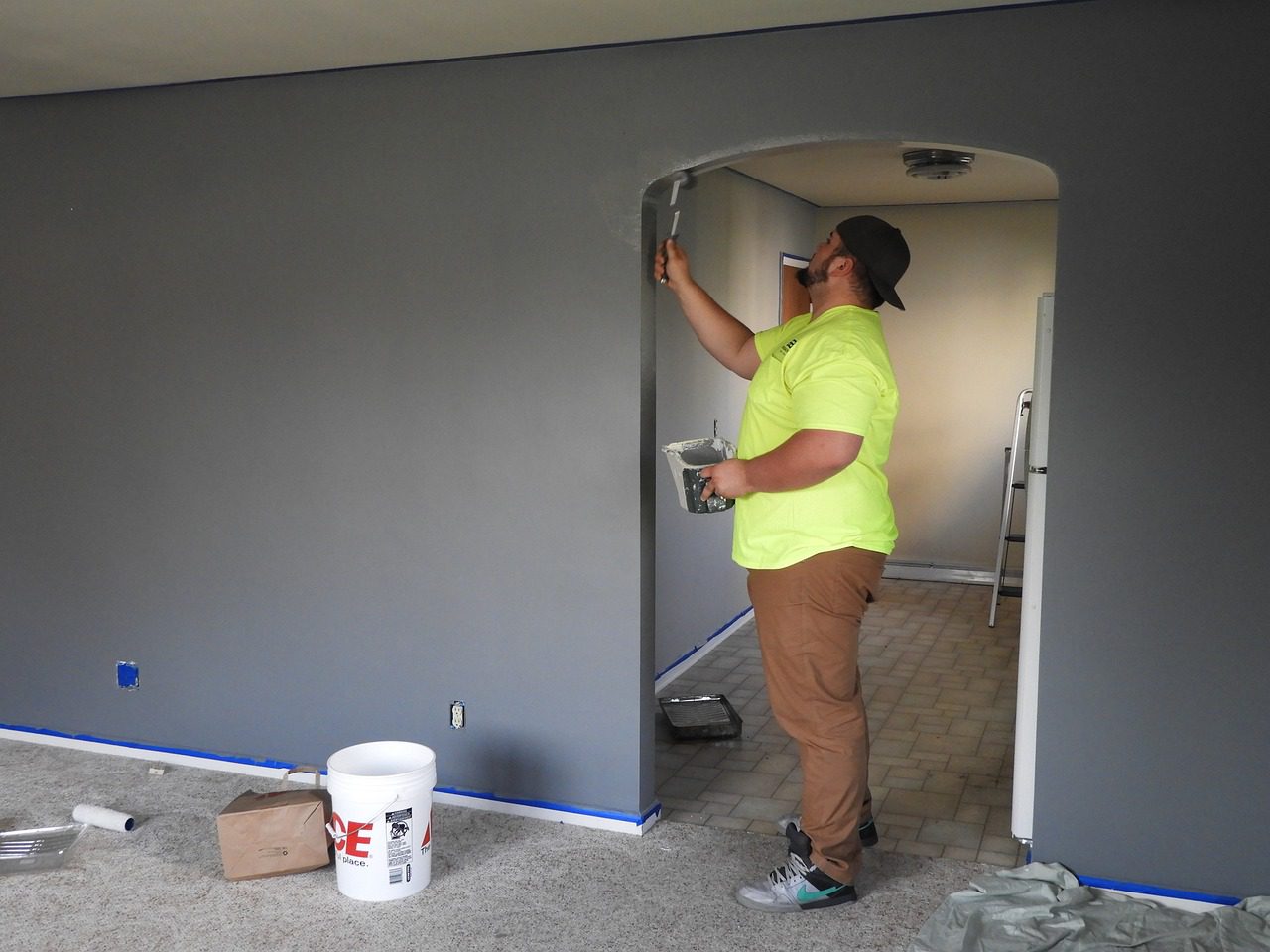Investing in a home renovation is an exciting endeavor, capable of transforming your living environment into a more functional, aesthetically pleasing space. However, these projects entail meticulous planning and execution, with the duration being a critical factor often shrouded in ambiguity.
In this guide, we’ll demystify the timeline of home renovations, highlighting key factors that influence these schedules, the various stages of renovations, and how homeowners can expedite the process.
Factors Influencing Home Renovation Timelines
Several elements can impact the duration of your renovation project. While some are within your control, others are unforeseen circumstances that require flexibility and patience.
1. Scope and Size of the Project
The scope and size of your renovation project play a pivotal role in determining the project’s duration. A single-room makeover is inevitably quicker than an extensive whole-house revamp. Structural changes or additions to your home, such as building a new room, necessitate more time due to the complexity and scale of work involved.
2. Weather Conditions
Mother Nature can oftentimes throw a spanner in the works. Extreme weather conditions, such as heavy rain, snow, or unusually high or low temperatures, can halt construction activities. While seasoned builders can work in varying weather conditions, certain tasks like foundation pouring or framing might be delayed due to safety concerns or to ensure optimal quality.
3. Legal Formalities and Approvals
Securing construction permits and getting approvals from Homeowner Associations (HOAs) can sometimes cause delays. While your builder’s team might handle the paperwork efficiently, delays could occur if the permit office is grappling with a backlog or if key personnel from the HOA are unavailable.
4. Unexpected Structural Issues
During the demolition and construction phases, builders might uncover unforeseen issues that need immediate attention. This could range from water damage and mold to a cracked foundation or poor workmanship in the existing structure. Addressing these issues can sometimes lead to schedule overruns.
5. Design Modifications
While it’s natural to have second thoughts or develop new ideas during the renovation process, substantial design changes can significantly delay your project. Major alterations might require revising plans, ordering new materials, and even demolishing work that has already been completed.
Grading Renovations: Cosmetic, Medium, and Major
Renovation projects can generally be classified into three categories based on their complexity and duration: cosmetic, medium, and major.
1. Cosmetic Renovations
Cosmetic renovations are surface-level enhancements that can dramatically improve your home’s appearance without altering its structure. These projects can span a few days to three months, depending on the specifics. Activities under this category include interior and exterior painting, updating appliances and countertops, and basic flooring replacement.
2. Medium Renovations
Medium renovations involve substantial changes to specific sections of the house, such as a full kitchen or bathroom makeover. These projects can take several weeks to six months, accounting for the design, demolition, construction, and finishing phases.
3. Major Overhauls
Major overhauls necessitate significant structural changes to the house, such as building a second story, repairing foundations, or extensive remodeling of the entire home. These complex projects can take anywhere between six months to over a year due to their scale and complexity.
A Walkthrough of the Home Renovation Process
A typical home renovation project moves through several stages, each with its unique timelines and tasks. Let’s break it down step-by-step.
1. Planning and Designing
The initial stage involves consulting with experienced home remodelers to discuss your vision, budget, and timeline. This stage could take anywhere between two weeks to three months, depending on the complexity of the project and the number of consultations needed.
2. Securing Permits and Approvals
Following the planning stage, your builder will submit the necessary paperwork to secure permits and approvals from local authorities and HOAs. This process could typically take up to a month, but it can be longer in some cases due to administrative delays.
3. Demolition Phase
Once all permits are secured, the demolition phase begins. This involves tearing down existing structures to make way for the new design. The duration of this phase depends on the scale of demolition and the presence of any unforeseen structural issues.
4. Construction Phase
The construction phase is where your vision starts materializing. The duration of this phase varies widely based on the complexity and size of the project. A rough guideline for most renovation projects is between three to nine months.
5. Finishing Touches
After the bulk of the construction is completed, the finishing touches are added. This includes painting, installing fixtures, landscaping, and interior design elements. This phase is generally quicker but can still take several weeks, particularly for large-scale renovations.
Accelerating Your Home Renovation Project
While certain aspects of a renovation project are beyond your control, there are steps you can take to keep the process moving smoothly.
1. Choose the Right Contractor
The right contractor can make or break your renovation project. Choose a contractor with a proven track record, transparency, and a reliable network of subcontractors.
2. Plan Ahead
Making design decisions early in the project can prevent delays. Work closely with your contractor and interior designer to finalize material selections and design elements ahead of time.
3. Understand Material Lead Times
Some materials and products might have longer lead times due to availability or shipping. Plan your renovation timeline accordingly to prevent delays in construction due to late material deliveries.
4. Stay on Track with Original Plans
While minor changes during the project are manageable, substantial deviations from the original plan can lead to delays and budget overruns. It’s essential to finalize your design and stick to it as much as possible.
Conclusion
Renovating your home is a significant undertaking, and understanding the timeline can help manage expectations and ensure a smoother process. Despite potential challenges, the end result—a beautifully renovated home customized to your lifestyle—is well worth the journey.
Remember, timelines vary greatly depending on the project’s scope, unforeseen issues, and other factors. But with careful planning, a reliable contractor, and a bit of patience, you’ll be able to navigate your renovation project successfully.
If you’re considering a home renovation in Winnipeg, MB, don’t hesitate to reach out to us at www.nisby.ca. We can provide you with a more accurate estimate based on your specific needs and help guide you through the process from start to finish.






